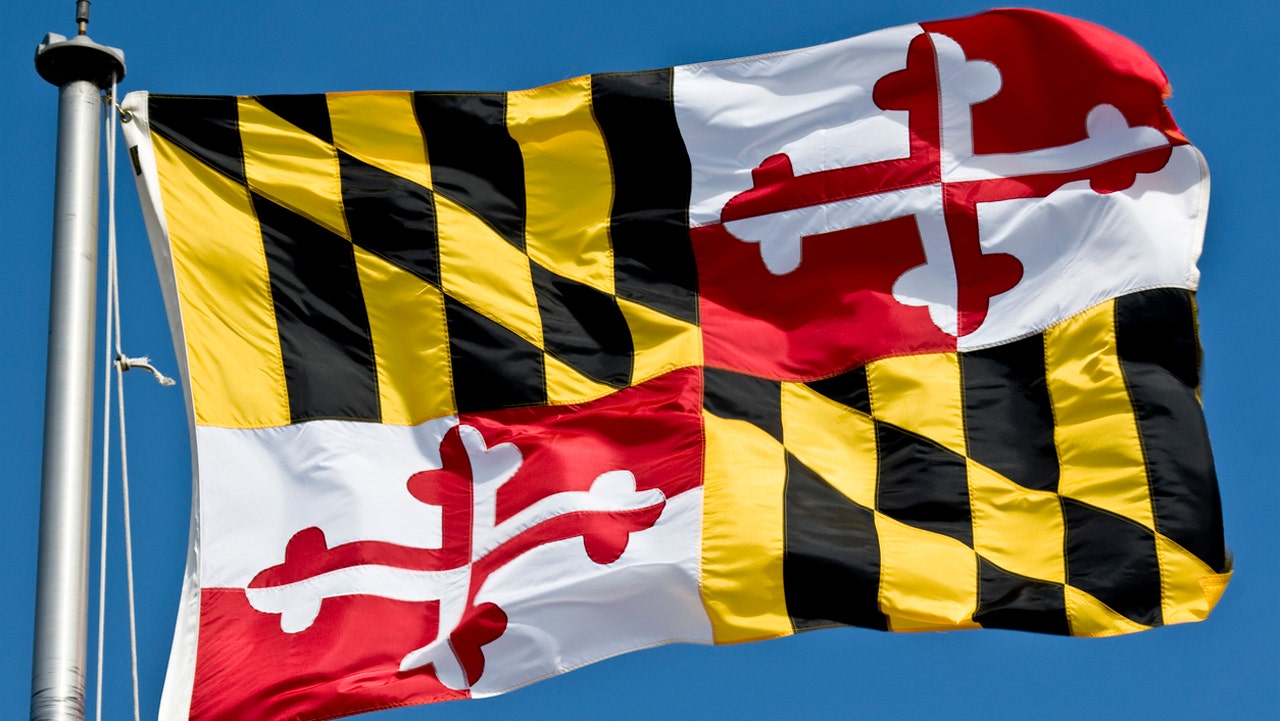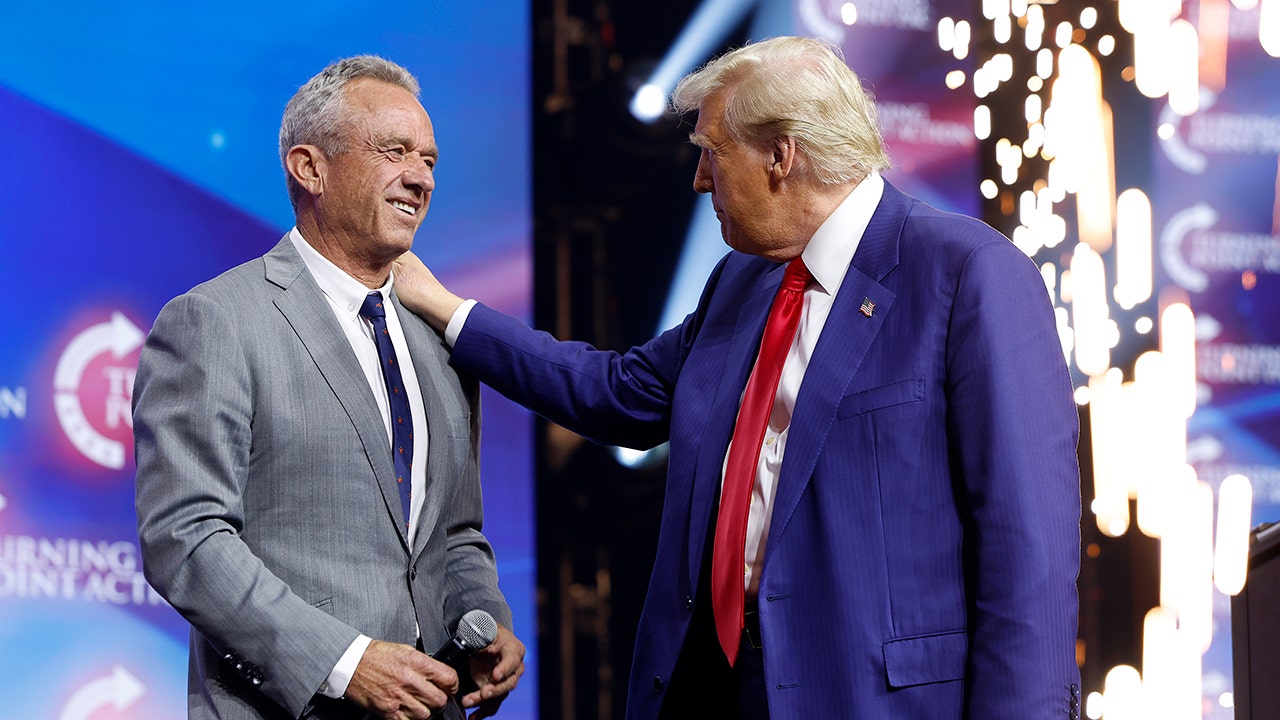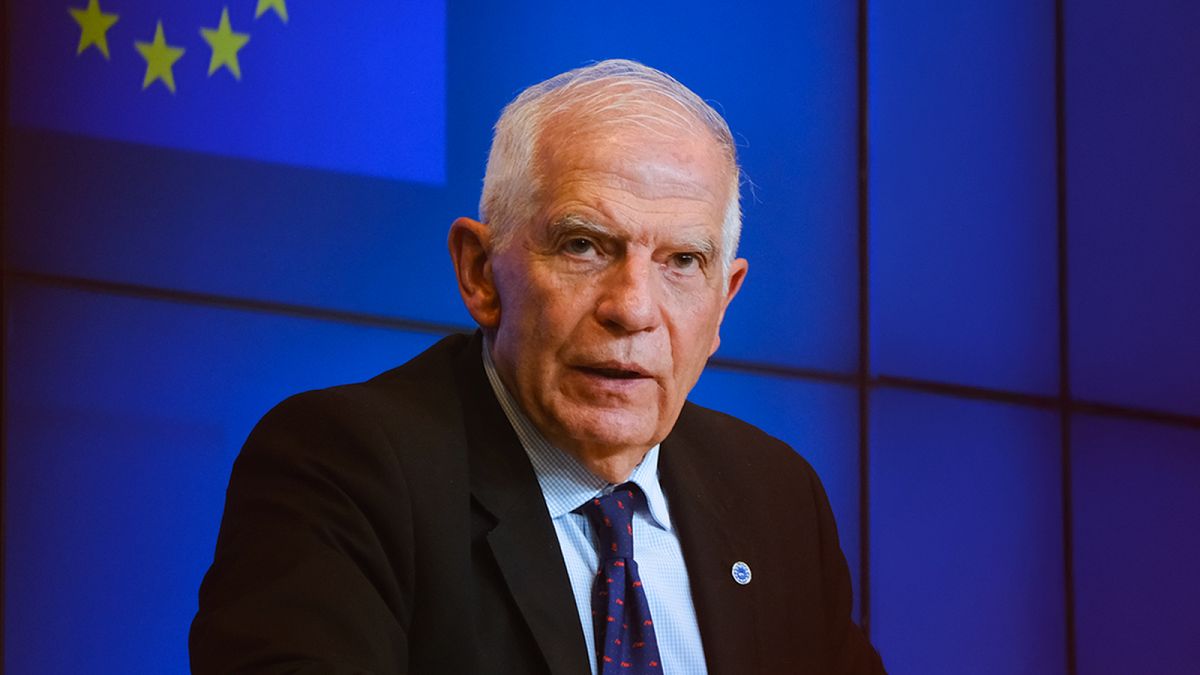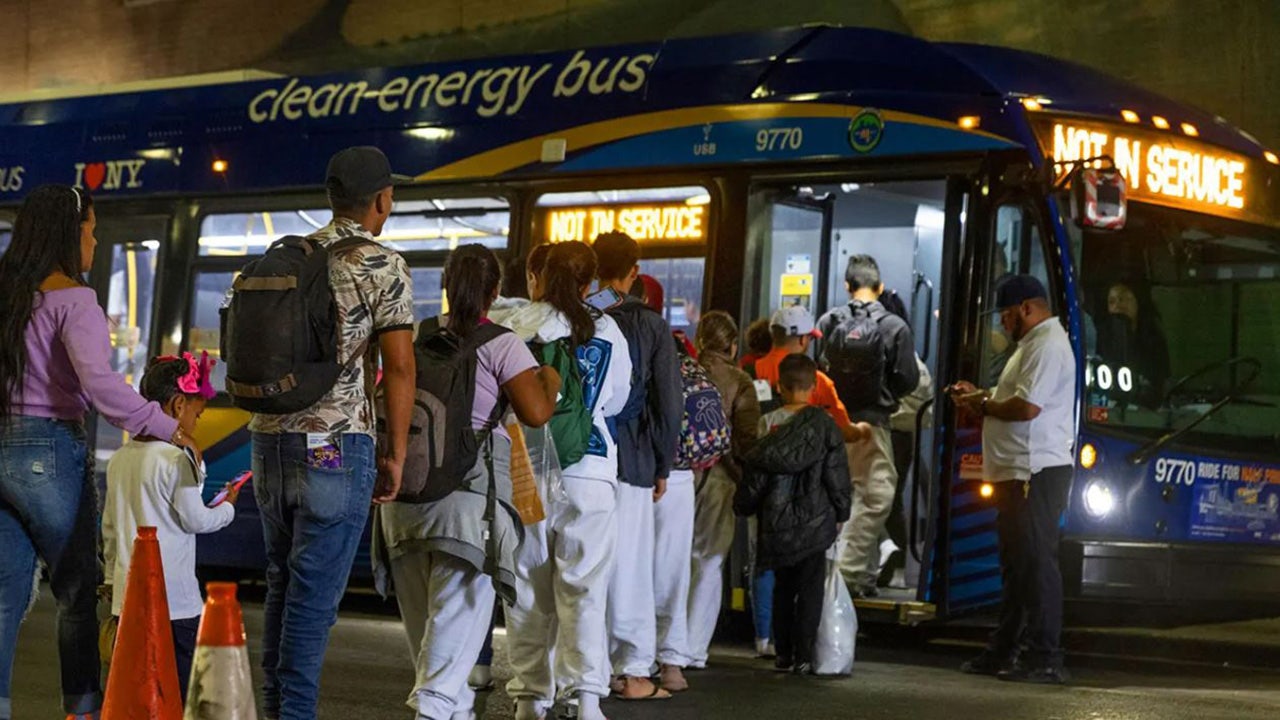Virginia
Virginia’s Democratic Party Is Letting Energy Money Back In
In 2017, Virginia Democrats tried something new. Politicians from the party stopped accepting large-dollar contributions from the state’s most powerful energy company. A slew of upstart candidates running in competitive Democratic primaries also swore off money from Dominion Energy, which had long donated huge sums of money to both parties and used a powerful lobbying apparatus to loosen legislative regulations and enrich its executives.
In 2019, the state party made its decision official. That year, Democratic candidates who rejected Dominion money helped flip seven competitive seats, and the party won control of both chambers for the first time since 1994.
Next week, Virginia voters will vote in open primary races in which support for — and from — Dominion is again playing an outsized role. While the Democratic Party no longer accepts large contributions from the energy company, individual candidates and caucuses still do. Populist candidates are challenging corporate-friendly Democrats in the upcoming elections. At stake is the future of progressive politics in Virginia and what’s to come in major battles over abortion, climate change, corporate power, and, perhaps most consequently for future elections, labor rights, with a renewed campaign to repeal the state’s “right-to-work” law.
With Dominion’s revitalized role in state Democratic politics and “right to work” on the line, questions are cropping up about the limits of candidate pledges to reject corporate money, with the ghosts of the party machine, loyal to corporate power, weighing in on legislative races.
“It’s a chance to reset each body from Dixiecrat to ‘corporate-crat’ to a progressive body that’s going to make the state blue forever.”
For some Democrats, this year’s elections present an opportunity for a fresh start. “It’s a chance to reset each body from Dixiecrat to ‘corporate-crat’ to a progressive body that’s going to make the state blue forever and amplify the voices of workers,” said Don Slaiman, political coordinator for the International Brotherhood of Electrical Workers Local 26.
Primaries next week won’t just set the tone for politics within the party, but also for Democrats’ wider agenda to combat the success of right-wing Republicans like Gov. Glenn Youngkin and those in his orbit. With all 140 seats in the General Assembly up for election in November, Democrats are feeling pressure to revive the political energy that gave them a trifecta — both state houses and the governor’s mansion — for two years before Youngkin won in 2021.
Democrats’ trifecta success in 2019’s legislative races opened the door for a progressive agenda that some said was previously unthinkable in a Southern state. Democratic lawmakers quickly passed legislation that strengthened gun control; raised the minimum wage; expanded access to voting, abortion, and collective bargaining; and forced state utilities to commit to a path to 100 percent renewable energy in the next three decades.
That momentum came to a sudden halt with Youngkin’s win in 2021. With the entire General Assembly up for election, state Democrats now have their sights set on rebuilding power.
The state’s new redistricting system allowed lawmakers to draw maps without giving priority to incumbents. Because some incumbents ended up into the same new districts to face off against each other, the changes might be more consequential in primary elections than in the general election. Overall, the maps are considered to be more competitive but could also strengthen some Republican strongholds where Youngkin performed well in 2021.
The changes to both the redistricting system and the maps it produced prompted a number of high-profile retirements earlier this year, including Democratic state Senate Majority Leader Dick Saslaw, who came within 3 points of losing his seat in 2019 to a primary challenger that highlighted his voting record favoring corporations and close ties to Dominion.
For progressives, winning their primary fights is central to one issue they will have their eye on once Youngkin is term-limited in 2026: efforts to repeal “right-to-work” laws that weaken workers’ collective bargaining options. (Virginia governors can’t serve consecutive terms but can run again in future elections.)
The stories of Dominion and the “right-to-work” law — which says that union membership cannot be a condition for employment — are historically intertwined. Virginia originally passed its law in 1947 after employees at Dominion’s predecessor, Virginia Electric and Power Company, threatened to strike for a pay raise. Labor unions and progressive organizations have long fought to repeal the law, and they have criticized Democrats for wasting the opportunity they had to do so when they briefly held a governing trifecta a few years ago.
The back and forth has entrenched battle lines between moderate and progressive Democrats and raised questions about the future of the party’s relationship with the labor movement and working-class voters.
“If you’re gonna repeal right to work when we get a Democratic governor, you need to tee it up now,” said Slaiman. “You need to start laying the groundwork now. It will change the way workers view their rights in the state of Virginia.”
One race on Tuesday in northern Virginia, where questions over both “right-to-work” laws and Dominion’s influence feature heavily, is the contest between former state Delegates Hala Ayala and Jennifer Carroll Foy. Both candidates are running to return to the state Legislature after running unsuccessfully for higher office — lieutenant governor and governor, respectively — in 2021.
Ayala has been endorsed by two former Virginia Democratic governors, Ralph Northam and his predecessor Terry McAuliffe. (McAuliffe had previously appointed Ayala to the Virginia Council on Women in 2016.) Northam endorsed Ayala on the condition that she would not support efforts to repeal “right to work,” according to Slaiman, whose union is backing Foy, and another source who declined to be named to protect their professional relationships. Northam and Ayala’s campaign did not respond to requests for comment.
Northam was governor in 2019 when labor organizers renewed the push to end “right to work” in Virginia. At the time, he dismissed the idea as unrealistic and also reportedly told the president of the Virginia AFL-CIO he wouldn’t sign a bill undoing “right to work.”
McAuliffe endorsed Ayala despite having stayed mostly under the political radar since he lost to Youngkin in 2021. He has been selective in primary endorsements this cycle. The decision by both him and Northam to weigh in on Ayala’s race has been a point of interest in Virginia political circles.
While they were both delegates, Ayala and Foy worked together to help the House of Delegates pass the Equal Rights Amendment, making Virginia the 38th state to do so and paving the way for it to take effect in the U.S. Constitution. In 2020, Foy sponsored a bill to raise the state minimum wage to $15 and co-sponsored a bill to end “right-to-work” laws. Working with Saslaw, Foy led efforts to pass a bill requiring that construction workers be paid prevailing wages determined by the U.S. Department of Labor. In this cycle, Foy has the endorsement of IBEW and at least 10 other unions.
While Ayala voted for Foy’s prevailing wage bill in 2020 and supported another similar bill in 2021, she voted with Republicans in 2021 to block a floor vote on a bill repealing “right-to-work” laws. Only 13 Democrats voted to bring a vote on the bill. Ayala’s campaign told the Washington Post she had previously voted in favor of a bill to move “right to work” on the floor and would support a repeal. Ayala’s campaign did not respond to a request for comment.
A major controversy in the race is Ayala’s acceptance of contributions from Dominion, which has given to a range of centrist and moderate Democrats and donated more than $155,000 to Democratic caucuses this cycle. When the group Clean Virginia organized a pledge — a promise not to take money from Dominion or Appalachian Power, the state’s other utility — both Ayala and Foy signed. But Ayala did an about-face the month before the 2021 Democratic primary in the lieutenant governor’s race. Asked about the switch, she told the Virginia Mercury that she would fight for renewable energy but that “people change their minds all the time.” (She is still listed as a signatory to the pledge, with a note that she’s currently in violation of it.)
“She later in the cycle reversed that position and accepted $100,000 from Dominion.”
“She later in the cycle reversed that position and accepted $100,000 from Dominion,” Clean Virginia executive director Brennan Gilmore told The Intercept. “Because of this reversal we did not engage with the Ayala campaign during the current cycle.”
So far this cycle, Ayala’s campaign has raised $735,000, including at least $200,000 from Dominion’s political action committee and more than $8,000 from three former Dominion lobbyists. A group largely funded by Dominion has also sent mailers on her behalf. Ayala’s campaign has received contributions from other energy companies and a health care lobbying association.
Foy, meanwhile, has raised $1.4 million — most of it, around $870,000, coming from the Clean Virginia Fund. The group had donated at least $35,000 to Ayala in previous cycles, before she violated the pledge, yet she criticized Foy for taking money from the group in mailers last month. “She has also taken nearly $900,000 from a millionaire-investor-backed group that supported anti-choice Republicans,” the Ayala mailer read. (The mailer referenced Clean Virginia’s previous support for Republican state Sen. Amanda Chase, who the group condemned and stopped supporting after the 2020 cycle.)
“This is an old-fashioned story about monopoly power, dirty money, bipartisan corruption, consumer exploitation, and what Supreme Court Justice Louis Brandeis called ‘the curse of bigness,’” the author George Packer recently wrote of Dominion’s shadow in Virginia politics. “It might also have hopeful implications for our perpetually stuck politics.”

Virginia
Virginia woman charged in alleged murder-for-hire plot
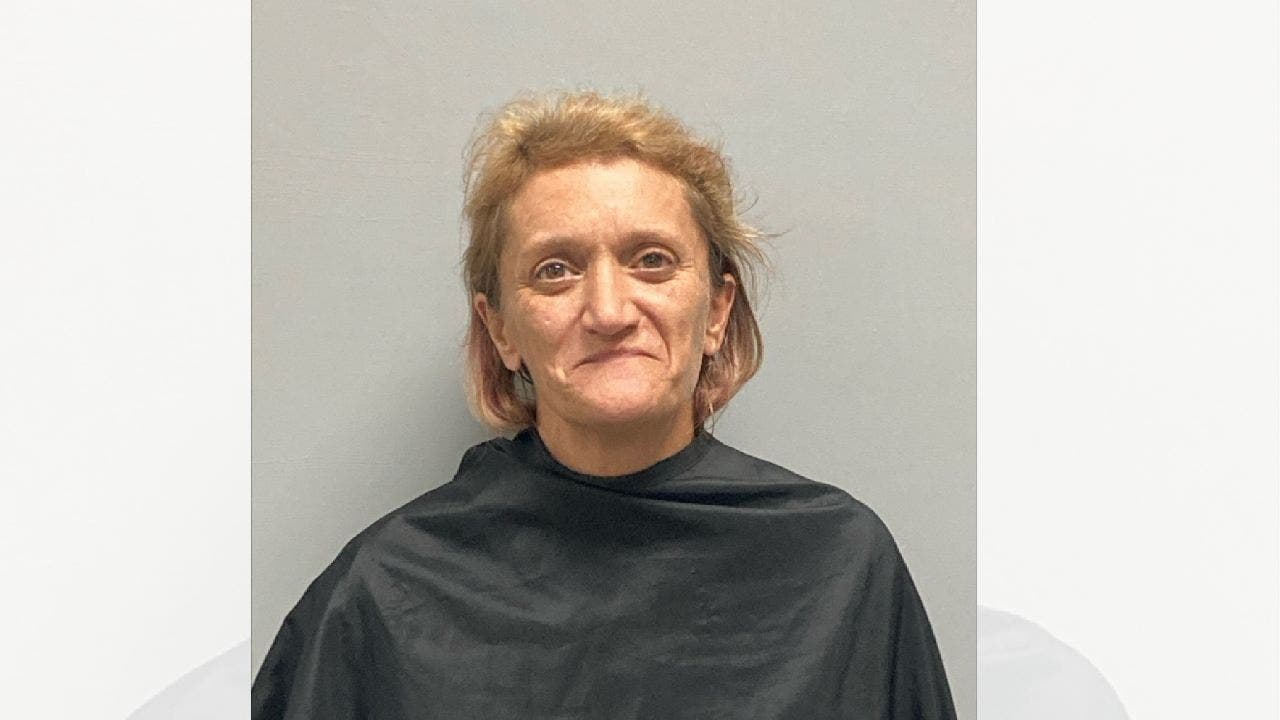
A Virginia woman has been arrested and charged in connection with a murder-for-hire plot, according to the Henry County Sheriff’s office.
Gennevieve McGhee, 44, was allegedly captured via audio and video evidence in the meticulous planning of a murder for hire, the sheriff’s office said.
McGhee is accused of meeting with a confidential source at her residence in Ridgeway, Virginia. The source was acting under law enforcement direction and utilizing a recording device to capture evidence.
TEXAS INFLUENCER SENTENCED TO 10 YEARS IN PRISON FOR MURDER-FOR-HIRE PLOT
Henry County Sheriff’s Office charged Gennevieve McGhee, 44, with criminal solicitation of murder following an investigation that revealed her alleged involvement in planning a murder for hire. (Henry County Sheriff’s Office)
She allegedly discussed detailed instructions on payment arrangements and instructions for carrying out a robbery and murder.
McGhee is charged with criminal solicitation of murder and conspiracy to commit a felony.
INDIAN INTELLIGENCE OFFICIAL CHARGED IN MURDER-FOR-HIRE PLOT ON SIKH SEPARATIST LEADER IN NEW YORK CITY

Gennevieve McGhee, 44, is charged with criminal solicitation of murder and conspiracy to commit a felony. (iStock)
McGhee was taken into custody by deputies from the Henry County Sheriff’s Office on Wednesday and is being held at the Henry County Adult Detention Center with no bond.
CLICK HERE TO GET THE FOX NEWS APP
The case remains under review by the Henry County Commonwealth’s Attorney’s Office.
Additional information on the case is not available at this time, officials said.
Virginia
How to Watch & Listen to West Virginia vs. No. 24 Arizona

The West Virginia Mountaineers (4-2) will meet the No. 24 Arizona Wildcats in the third place game of the Battle 4 Atlantis midseason tournament for the sixth meeting between the two programs.
West Virginia vs. Arizona Series History
Arizona leads 2-3
Last Meeting: March 28, 2008 (NCAA Tournament) WVU 75-65
When: Friday, November 29
Location: Paradise Island, Bahamas, Imperial Arena (3,900)
Tip-off: 3:00 p.m. EST
Stream: ESPN2
Announcers: Beth Mowins and Debbie Antonelli
Radio: Tony Caridi (PBP), Brad Howe (analyst) Mountaineer Sports Network from Learfield IMG College(Radio affiliates)
WVU Game Notes
– West Virginia was scheduled to play in the 2020 Battle 4 Atlantis. The tournament was moved to Sioux Falls, S.D., due to COVID, and the Mountaineers won the renamed Bad Boy Mowers Crossover Classic.
– WVU is 45-16 in in-season tournaments since 2007.
– With a win over No. 3 Gonzaga, WVU defeated a Top 5 AP team for the second consecutive season. Last season, the Mountaineers downed No. 3 Kansas in Morgantown, 91-85.
– Prior to the overtime win over No. 3 Gonzaga, WVU had lost six straight overtime games.
– This is WVU’s fourth trip outside the United States and Puerto Rico to play a regular season game. WVU played in Cancun in 2013 and 2019 and opened the season in Germany in the 2017 Armed Forces Classic.
– West Virginia is the only team in the country that has two players on the same team who averaged more than 20 points per game from last season — Tucker DeVries (21.6 ppg) and Jayden Stone (20.8 ppg)
– West Virginia is 201-55 against nonconference teams in regular season games in the last 21 seasons.
– The Mountaineers have posted a winning nonconference record in 31 of the last 32 seasons.
– WVU is 265-99 in its last 362 games against unranked teams, including winners of 148 of its last 180 at the WVU Coliseum.
– This is the 116th season and 122nd year overall for WVU basketball, which began in 1903.
– Darian DeVries, who led Drake to six consecutive 20-win seasons and has a career .731 winning percentage as a head coach, was named the 23rd head men’s basketball coach at West Virginia University on March 24, 2024.
– DeVries has a record of 154-57 (.731) in seven seasons as a head coach, including a 59-16 (.787) mark in the last two-plus seasons.
– This past August, the men’s basketball team went to Italy for a 10-day tour and won all three of its games against international competition.
– West Virginia returns just 2.8 percent of its scoring from last season’s team (Ofri Naveh).
– The Mountaineers are led by a pair of transfers in Tucker DeVries (Drake) and Javon Small (Oklahoma State). Last season, DeVries was named an Associated Press All-American Honorable Mention selection, while Small earned All-Big 12 Honorable Mention honors.
– In addition, Eduardo Andre (Fresno State), Joseph Yesufu (Washington State), Sencire Harris (Illinois), Amani Hansberry (Illinois) and Jayden Stone (Detroit Mercy) will all see considerable action this season.
– Tucker DeVries was named to the 20-member Julius Erving Preseason Watch List, giving annually to the nation’s top small forward.
– Tucker DeVries was named to the preseason Naismith Trophy Men’s College Player of the Year Watch List.
– Tucker DeVries was named to the John R. Wooden Award Top 50 Preseason Watch List.
Virginia
NBA Draft: West Virginia Duo Produce Big Numbers in Upset Over No. 3 Gonzaga

West Virginia got off to a hot start at the Bad Boy Mowers Battle 4 Atlantis by knocking off undefeated Gonzaga 86-78 in overtime in their first-round matchup. The Mountaineers have received strong performances to begin the season from two upperclassman transfers: Javon Small and Tucker DeVries.
With each player delivering standout performances, it’s time to start considering them seriously as draft prospects.
Let’s take a closer look at their outings in this big win and dive into their seasons as a whole up to this point.
Tucker DeVries finished this game with a stuffed stat line of 16 points, six rebounds, four assists, two steals and four blocks. This level of versatility clearly illustrates the type of player he is, as he looked solid in nearly every aspect of the game. He has good positional size at 6-foot-7 and plays with a very high IQ on both ends of the floor. His defensive impact was especially noticeable, as he consistently made impactful plays, including a steal that led to free throws to tie the game at the end of regulation. DeVries finished the second half on a 5-0 run, which gave West Virginia momentum to capture the game in overtime.
DeVries has had a solid all-around season leading up to this performance, averaging 13.5 points, 4.8 rebounds, two assists, 2.5 steals and 1.3 blocks, with shooting splits of 36.6%/40.7%/81.3%. If he were to be drafted following this season, it would likely be in the second round, but his versatile play style is very promising.
Javon Small led the Mountaineers in scoring during this upset victory, contributing 31 points on impressive shooting splits of 50%/40%/81.8%. In addition to his scoring, he also grabbed seven rebounds, dished out two assists and added one steal and one block. Small is a quick and slippery guard who stayed in attack mode throughout the game, translating well into fast-break opportunities. Rarely staying in one spot on offense, Small kept the floor spaced and forced his defender to fight through traffic to keep up with him. His offensive approach was patient as he waited for his defender to get off balance before attacking.
Before this game, Small had averaged 15.5 points, 3.3 rebounds, four assists and three steals. He leads the Mountaineers in points, assists, and steals, while providing a noticeable spark on a nightly basis. Small is now at his third school in four years, with similar statistics in each of his previous two seasons. As an older guard, it is not guaranteed that he will be drafted, but if this level of productivity continues throughout the season, he may receive an opportunity to prove himself at the next level.
Want to join the discussion? Like Draft Digest on Facebook and follow us on Twitter to stay up to date on all the latest NBA Draft news. You can also meet the team behind the coverage.
-

 Science1 week ago
Science1 week agoTrump nominates Dr. Oz to head Medicare and Medicaid and help take on 'illness industrial complex'
-

 Health6 days ago
Health6 days agoHoliday gatherings can lead to stress eating: Try these 5 tips to control it
-

 Health4 days ago
Health4 days agoCheekyMD Offers Needle-Free GLP-1s | Woman's World
-

 Science3 days ago
Science3 days agoDespite warnings from bird flu experts, it's business as usual in California dairy country
-

 Technology2 days ago
Technology2 days agoLost access? Here’s how to reclaim your Facebook account
-

 Science1 week ago
Science1 week agoAlameda County child believed to be latest case of bird flu; source unknown
-

 Sports1 week ago
Sports1 week agoBehind Comcast's big TV deal: a bleak picture for once mighty cable industry
-

 Entertainment1 day ago
Entertainment1 day agoReview: A tense household becomes a metaphor for Iran's divisions in 'The Seed of the Sacred Fig'
